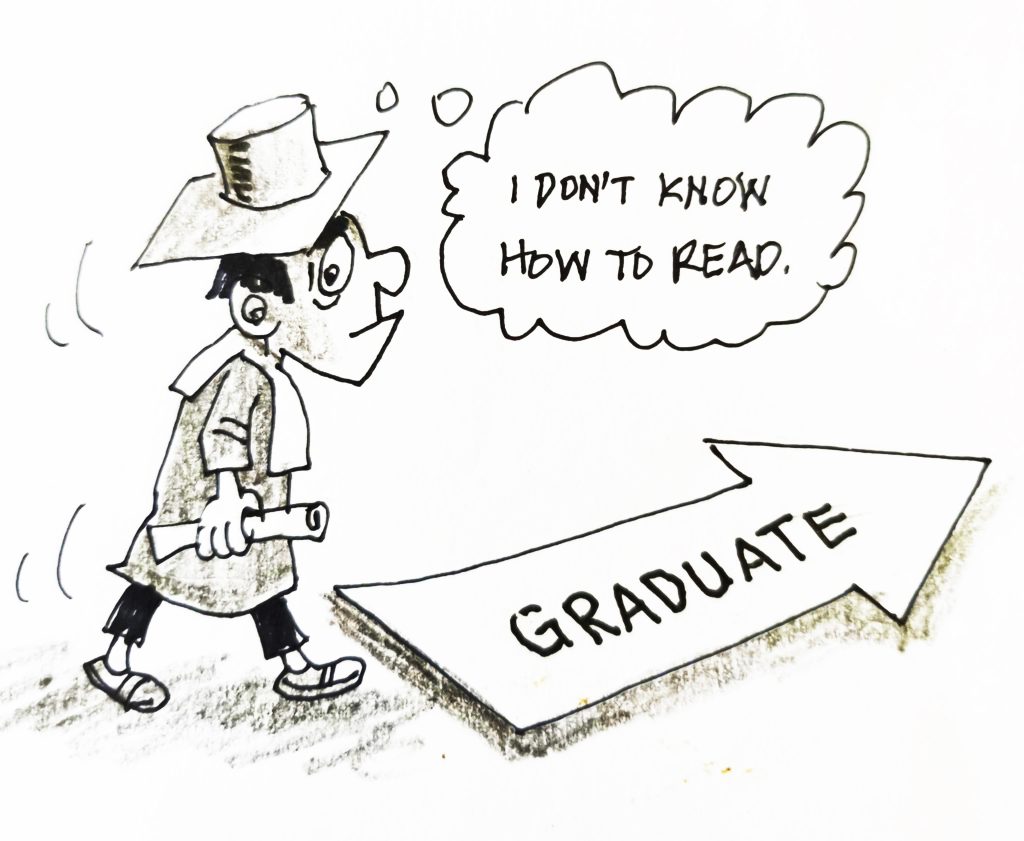Graduation ceremonies are now taking place in basic education schools across the country, marking the end of another academic year under the Department of Education. While there is reason to celebrate, there is also every reason to reflect on the meaning of these ceremonies and the responsibilities that come with them. The culture of automatic promotion and shallow credentialing must be resisted if this season is to retain any real value.
Each diploma handed out should not be treated as a token reward for time served but as a symbol of actual learning and readiness for the next level. Sadly, it has become increasingly difficult to be sure of that. Too many students reach the end of a school year without mastering the basics of reading comprehension, arithmetic, or critical thinking. The system’s obsession with metrics, completion rates, and public displays of success has often ignored the uncomfortable reality of academic underachievement behind the scenes.
Graduation, in its proper sense, should be both a recognition and a readiness. It ought to mean that the student has met the minimum requirements not only in attendance but also in terms of incompetence. However, the pressure to keep promotion rates high and dropout rates low has forced many schools to compromise. Teachers are caught in a cycle where they must pass students regardless of actual performance. This does not serve the students, and it does not serve the nation.
The problem extends to parents and communities that treat graduation as a social rite, not an educational milestone. The applause, the fanfare, the custom-made tarpaulins—these should not distract from asking the harder questions: What did the child learn? Is the graduate prepared for what comes next, whether it’s high school, college, or technical training? Too often, the answer is no, but the celebration proceeds anyway.
This culture must shift. Schools must regain their authority to enforce real standards, and parents must support that mission instead of resisting it. The Department of Education must stop shielding its policies from scrutiny and begin demanding academic integrity at every level. A diploma should mean something. That is the only way graduation can truly mark not just an ending but a worthy beginning.




